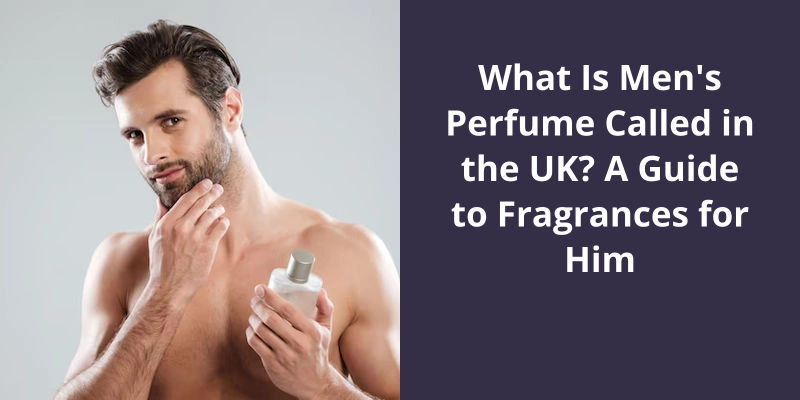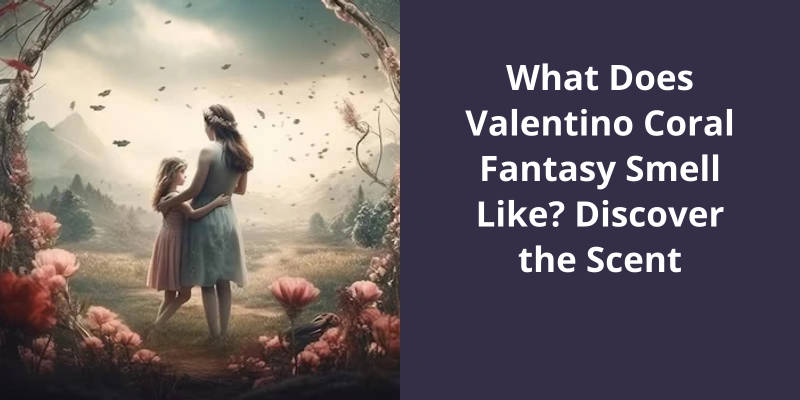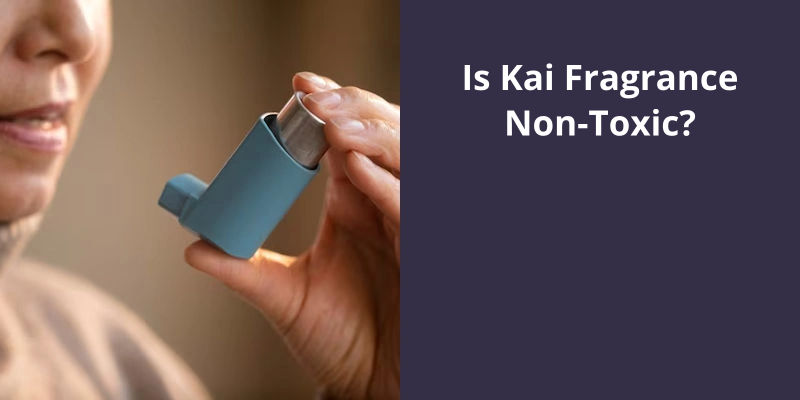In the UK, men’s perfume is commonly referred to as “aftershave” or “cologne.” These terms are used interchangeably amongst the locals. Aftershave was originally used to soothe the skin after shaving, which is where it gets its name. However, it has evolved to include fragrances, much like perfumes. Cologne, on the other hand, is the term used to describe lighter, fresher fragrances, often used during the day. Regardless of which term is used, both indicate fragranced products meant for men.

Why Do Americans Call Perfume Cologne?
This term was likely influenced by the historical reference to a German city Cologne. The city was known for producing a type of fragrance that was light and refreshing, unlike traditional heavy fragrances. The term “Eau de Cologne,” meaning “water from Cologne,” became popular in the 18th century, and it’s possible that the term cologne for mens fragrances was derived from this.
Whatever it’s origins, the term cologne for mens fragrance has become firmly ingrained in American culture. While women often use the term to refer to any type of perfume, men specifically seek out colognes for their lighter and more refreshing scent.
Interestingly, the use of fragrance among men has a long and varied history. In ancient times, fragrances were used by both men and women for religious and medicinal purposes. During the Renaissance, men used scented oils and perfumes to mask the smell of unwashed bodies and to ward off the plague. In the 18th century, the use of personal fragrances became associated with wealth and prestige, and both men and women wore elaborate perfumes.
Today, the fragrance industry is a multi-billion dollar global business, with a wide range of scents and products available for both men and women.
The Evolution of Perfume and Fragrance in History, Including It’s Cultural Significance and Uses.
- The ancient Egyptians were the first to use perfume and fragrance, with evidence dating back to 2000 BC.
- Rome became a hub of perfume and fragrance production in the 1st century AD.
- In the Middle Ages, perfume was used more for it’s therapeutic properties than for it’s scent.
- The Renaissance saw a revival of the use of perfume as a luxury item and status symbol.
- In the 18th century, perfume production became more widespread and accessible to the general public.
- The 20th century saw the rise of synthetic fragrances and the use of perfume as a marketing tool.
- Today, perfume remains a popular form of self-expression and a multi-billion dollar industry.
Now that we understand the differences between perfume and cologne, it’s important to delve deeper into the world of men’s fragrance. With so many options on the market, it can be challenging to know which fragrances are best for different occasions. Here, we’ll explore the top colognes for men, as well as the science behind scent and attraction.
Is It Called Perfume or Cologne for Men?
The terms perfume and cologne are often used interchangeably, but they do have distinct characteristics that set them apart. Perfume is typically a more concentrated fragrance, with a higher percentage of essential oils, and therefore tends to have a stronger and longer-lasting scent. It’s also generally more expensive than cologne due to the higher concentration of fragrance oils.
Cologne is also marketed more towards men, although it isn’t exclusively a mens fragrance. Many women prefer to use cologne over perfume because it’s less overpowering and more subtle.
There are many different types of cologne available on the market, ranging from fresh and fruity to spicy and musky. Some of the most popular scents for mens cologne include woody, floral, and citrus notes. Some brands even offer unisex fragrances that are suitable for both men and women.
When it comes to fragrances, it’s common to see products labeled as either “for men” or “for women”. However, the truth is that these labels are often unnecessary and limit our choices in scents. The term “perfume”, on the other hand, is a more inclusive and accurate way to describe any fragrance, regardless of who it’s marketed towards. So, can you use perfume for men? Absolutely! In fact, many popular perfume brands offer scents that are perfect for any gender.
Can You Use the Word Perfume for Men?
Perfume for men has been increasingly gaining popularity in recent years. While traditionally fragrances have been associated with women, the perfume industry is now catering to men as well. Like any other fragrance, perfume for men is a light spray composition with a certain percentage of pure perfume essence dissolved in alcohol. This alcohol helps the fragrance evaporate and spread evenly on the surface of the skin.
The fragrance of a perfume for men can last for approximately 3 hours, depending on the concentration of the perfume essence in the composition. The higher the concentration, the longer the fragrance will last. Eau de parfum is a term used to describe the highest concentration of perfume essence in a composition, and it’s often used interchangeably with perfume.
Perfume is the best term for describing a fragrance. It’s a catch-all term that encapsulates all types of fragrances. In the perfume industry, fragrances are categorized based on their concentration of perfume essence and the type of fragrance they produce. These categories include eau fraiche, eau de cologne, eau de toilette, eau de parfum, and pure perfume.
Whether youre looking for a fragrance that’s masculine, feminine, or gender-neutral, theres a perfume out there that suits your needs and preferences.
Source: perfume? Does it have to be called cologne?
Conclusion
In summary, the term 'mens perfume' in the UK isn’t as straightforward as it may seem. With the evolution of the fragrance industry, aftershaves have come to encompass a range of men's fragrances, while cologne continues to remain a popular choice for daily wear. Understanding the nuances and differences between these various terms can help individuals navigate the world of men's fragrances and find the perfect scent to suit their needs and preferences.





